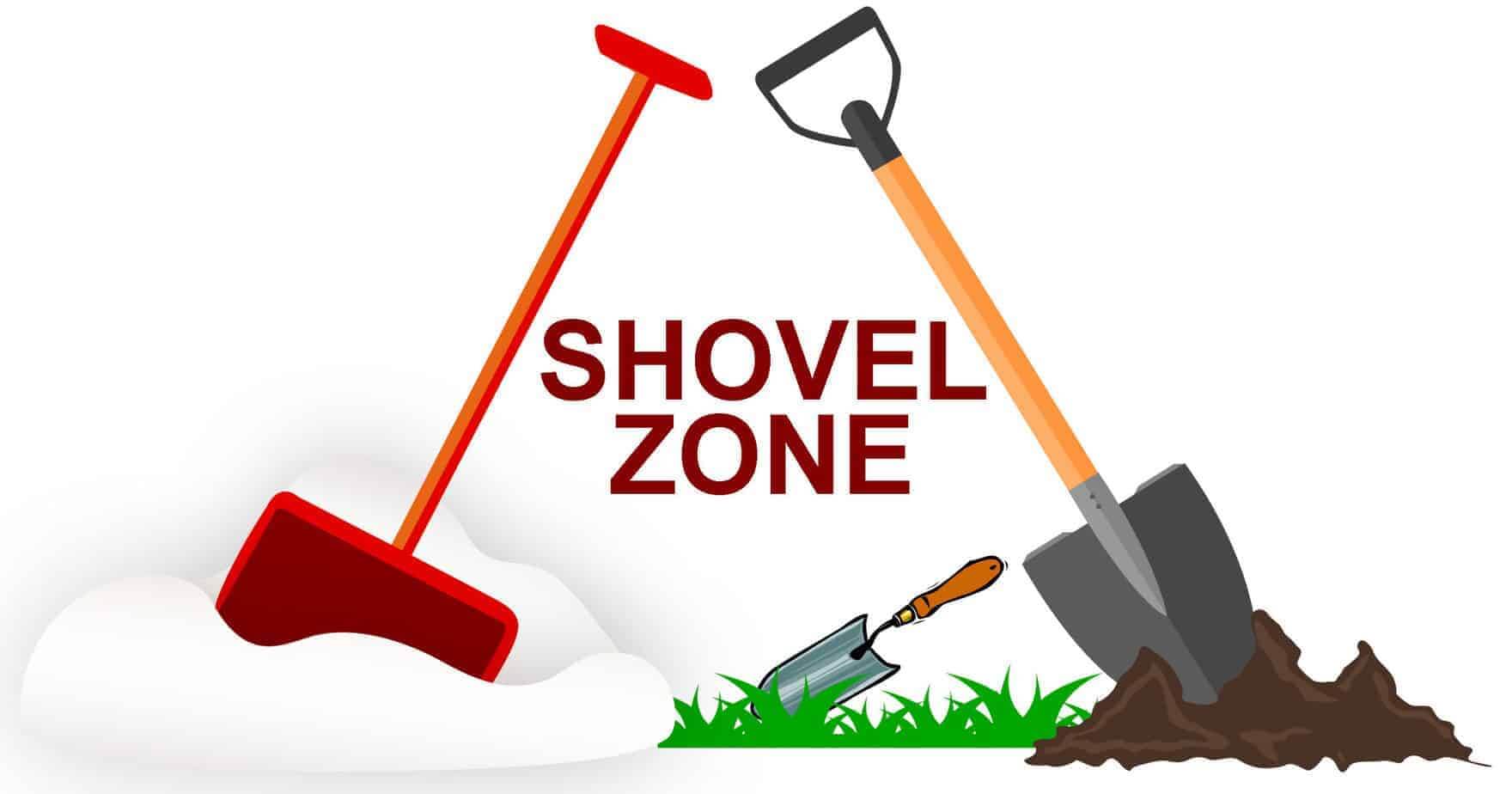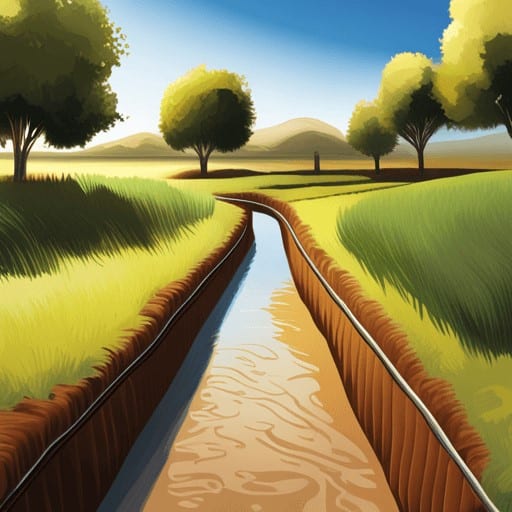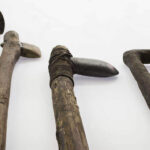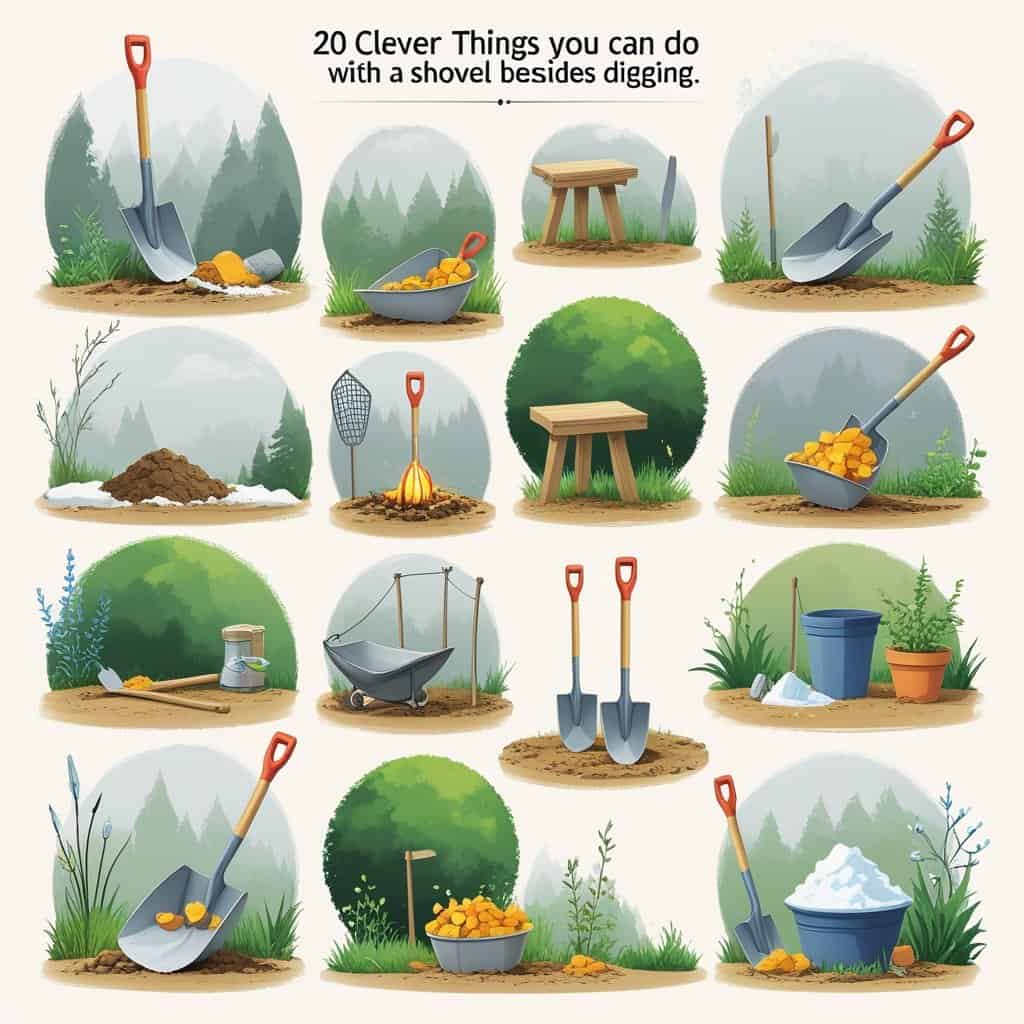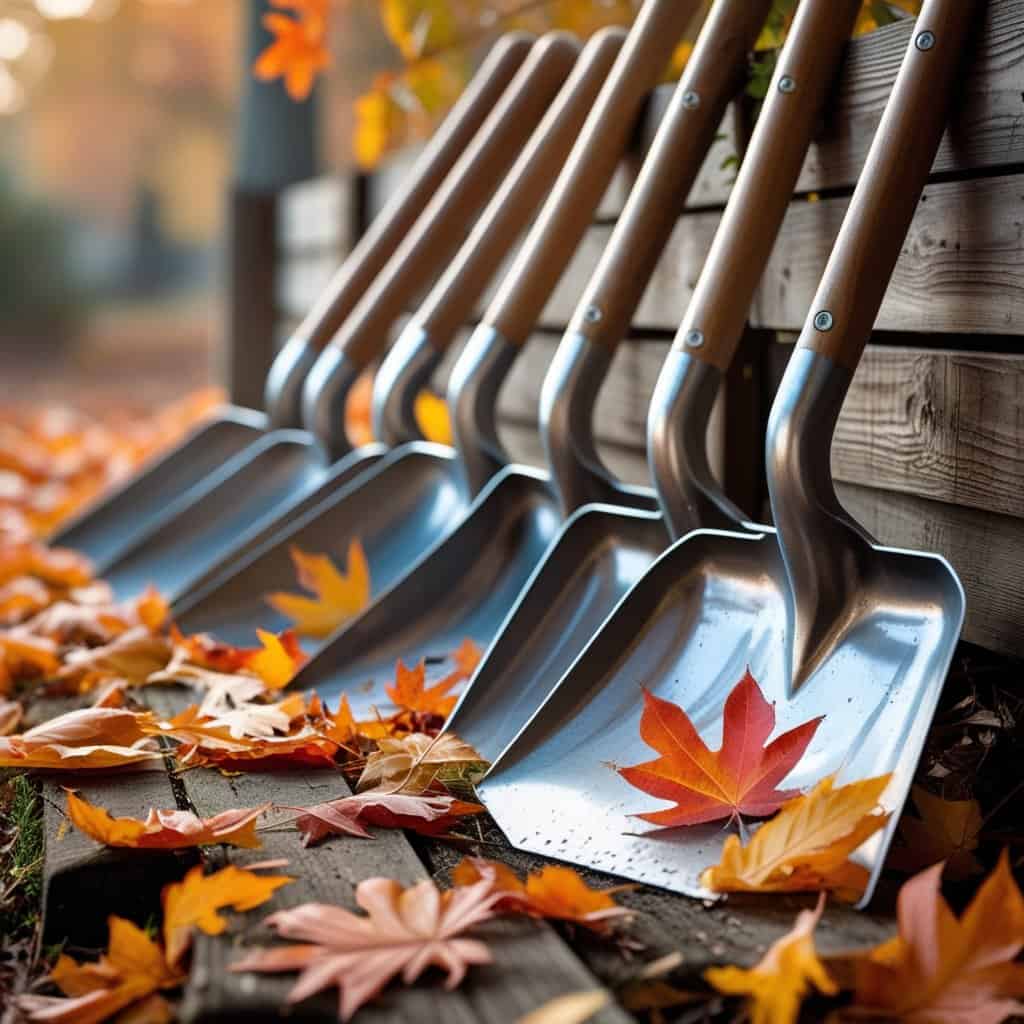Irrigation projects require the right tools to make the job efficient and effective. The best shovel for irrigation needs to be strong, narrow, and suitable for digging trenches and cutting through dense materials like clay or rock.
Table of Contents
Understanding Irrigation And Shovels For Irrigation
Irrigation artificially provides water to plants and crops to facilitate growth and ensure optimal functioning. It is a required method used in agriculture, landscaping, and horticulture.
Proper irrigation is essential for various reasons:
- Optimal plant growth: Adequate and timely irrigation ensures that plants receive the necessary amount of water, which is critical for their growth and development.
- Conservation of water resources: Efficient irrigation systems help conserve water by minimizing evaporation loss, runoff, and percolation.
- Improved crop yield: Adequate irrigation enhances plant growth and can lead to better crop quality and higher output.
- Preventing soil erosion: Controlled irrigation can help prevent erosion by stabilizing sediment and minimizing the risk of the soil being washed away during heavy rainfall.
Using the right tools, such as the trenching shovel for trenching, sprinkler repair and installation, ensures the proper functioning of your irrigation system and contributes to the overall effectiveness of your watering efforts.
Selecting the Best Shovels For Irrigation
Several types of shovels on the market cater to irrigation professionals’ and DIY enthusiasts’ specific requirements. Some popular options include trenching shovels, caprock irrigation shovels, and long narrow blade shovels. Irrigation shovels are considered specialists, as they are tailored for specific digging tasks. A specialist shovel for irrigation will improve efficiency and effectiveness in performing the job and has better durability and strength to deal with challenging trenching issues such as rocky or soil. However, shovels for irrigation may not be suitable for other gardening or landscaping tasks and are generally more expensive than general purpose shovels.
Whether a specialist or general purpose shovel the materials can significantly affect the tool’s ability to perform in specific conditions. The two most common materials used for blades are:
- Steel: Steel blades are strong and durable, providing excellent performance when digging into hard soil or gravel. Some steel shovels even come with a forged steel head for extra strength. However, steel shovels tend to be heavier than their counterparts.
- Aluminum: Aluminum blades are typically lighter and easier to use for long periods.
Three common blade shapes are suitable for irrigation projects:
- Round point: Perfect for breaking through the soil, round point shovel blades make digging through various types of soil and debris effortless.
- Square point: These blades are ideal for scooping and moving loose materials like dirt or sand.
- Trenching: As the number one tool for digging up an irrigation pipe or sprinkler head, trenching shovels have narrow blades with sharp edges, making it easy to dig precise trenches.
The right handle length and design can improve your ability to dig and maneuver the shovel effectively. Handles often come in different sizes:
- Short: Provides better control and leverage for close up work or users with a shorter stature.
- Long: Offers more reach and helps reduce the need for bending, which can benefit tall users or digging deeper trenches.
Handle designs also vary, with options such as:
- D-handle: Provides better control and grip, making it ideal for tasks that require precision.
- Straight handle: Offers a comfortable grip and greater leverage for tasks that require more force.
Our guide The Difference Between A Drain Spade And A Trenching Shovel offers more information about shovels for irrigation.
Special Features Of Shovels For Irrigation
Consider special features that can enhance the irrigation shovel’s performance and ease of use:
- Powerstep: Provides greater foot support and leverage, making driving the shovel into the ground easier.
- Anti-slip grip: Ensures a secure hold on the handle, reducing the risk of slipping while digging.
- Shock-absorbing: Some shovels feature shock-absorbing handles, reducing strain on hands and wrists during use.
Top Shovels For Irrigation
The trenching shovel is the number one tool for digging up an irrigation pipe or sprinkler heads. Its strength, and narrow design make it perfect for this task.
The Structon Fiberglass Alloy Steel Shovel is our top pick for the best overall shovel for irrigation.
Structon Fiberglass Handle Alloy Steel Shovel
Regardless of age or upper body strength this shovel is incredibly effective in getting the job done no matter the terrain, rocky soil or roots. It may feel counter intuititve to use such a narrow shovel, but it will allow you to dig the entire hole without the need for additional tools.
- Pros: Durable fibreglass handle, optimized reach, strong and narrow blade for easy digging
- Cons: It may be more expensive than other shovels
Corona SS 64104
Whether you are installing pipes for sprinklers or cable lines this is an excellent irrigation shovel. Crafted with tight spots and narrow trenches in mind, the design and build of this shovel is ideal for accomplishing difficult digging tasks. The blade’s slim width allows for maximum efficiency, keeping the dirt secured in the shovel as it is lifted out and the blade’s angle is specifically crafted to enable the user to raise dirt straight up out of the hole without any hassle.
- Pros: Long and narrow blade for precise trench digging, comfortable grip handle
- Cons: Wood handle may not be as durable as a fiberglass one
Both options offer quality performance, but the Structon Fiberglass Alloy Steel shovel may be worth the extra investment for its durability.
Final Thoughts
Overall, finding the best shovels for irrigation can make the job more efficient and lead to better results. Take the time to research and invest in a shovel tailored to your needs, and you will save time and effort in the long run.
Frequently Asked Questions
What size shovel should I use for irrigation?
The size of the shovel you should use for irrigation will depend on the size of your job. A hand trowel or small round-point shovel may be sufficient for small jobs. A larger square point shovel or trenching shovel may be needed for larger jobs.
Can I use a regular garden shovel for irrigation?
While you can use a regular garden shovel for irrigation, it may not be the most efficient tool. Irrigation shovels are explicitly designed for digging trenches and moving soil in irrigation projects, making them a better choice for larger jobs.
What is the difference between a round-point shovel and a square point shovel?
A round point shovel has a curved blade ideal for digging holes and breaking up soil, while a square point shovel has a flat blade that is better for moving soil when digging trenches.
